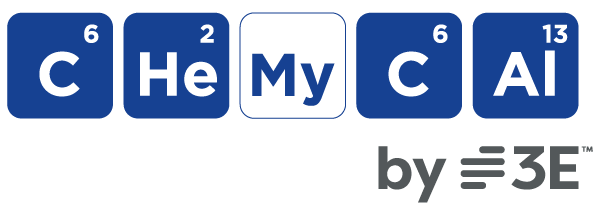The European Commission published the final report on the study to support the review of the list of restricted substances and to assess a new exemption request under RoHS 2 (also known as Pack 15) on 11 February 2021. The report includes assessment, for possible restriction, seven substances including Tetra Bromo Bis-Phenol-A (TBBPA).
BSEF, the International Bromine Council, notes the recommendation of “no restriction” on reactive uses of TBBPA (e.g. in printed circuit wiring boards) which reflects the low risk of this application in terms of exposure and end of life treatment under controlled conditions.
The recommendation of a restriction with respect to additive uses of TBBPA is disappointing. The report authors, the Oeko Institut, continue to use worst case scenarios when addressing end points identified as gaps which are currently under REACH evaluation. Commenting on this, Dr Kevin Bradley, Secretary General of BSEF, noted, “the study authors did not follow their updated methodology which states publicly available data should be used for a substance when it’s available”. In this case recommended restrictions were largely based on read across data for another substance. “We believe available data in the TBBPA REACH dossier leads to a different conclusion – no significant risk under current use conditions”, noted Dr Bradley.
The report does recognize the need to wait for the finalisation of the REACH evaluation of TBBPA. This is due sometime in 2021. Therefore no a priori restriction on additive uses is warranted.
The report accurately highlights the difficulty in substituting TBBPA in both its reactive and additive applications. “The report bears out what we have also seen in a recent study on the impact of BFRs on WEEE plastics recycling by consultants SOFIES”, said Dr Bradley. The SOFIES report[1] noted the potential for regrettable substitution and impacts on WEEE plastics recycling with other flame retardants.
CONTINUE READING ON www.bsef.com



